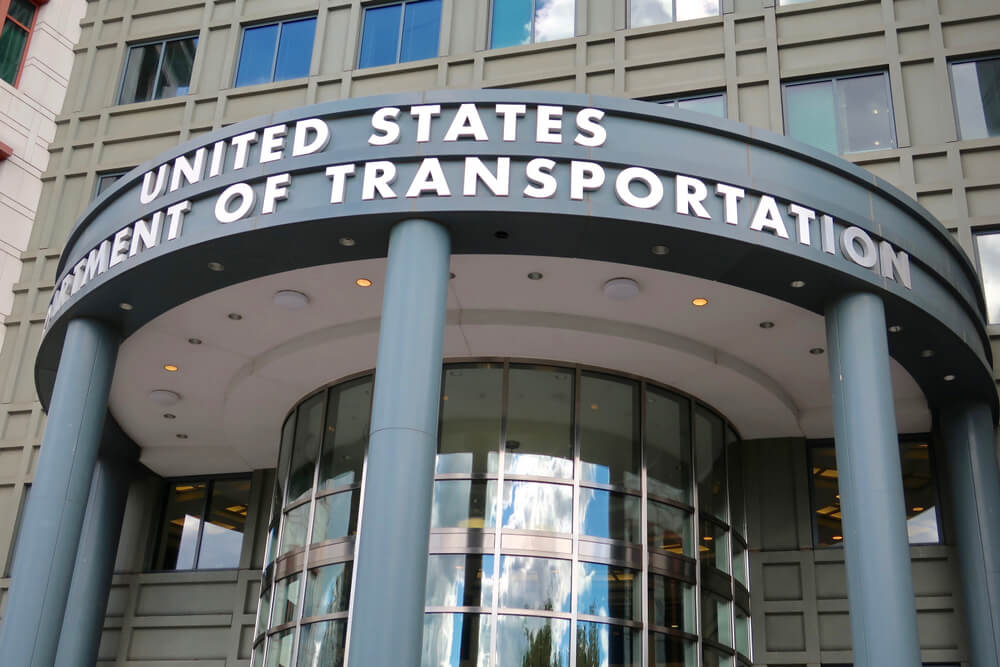
The federal government continues to extend the hours of service waiver the same way Congress hikes up the debt ceiling — at the last minute.
Following the initial March 24, 2020, waiver, the Federal Motor Carrier Safety Administration (FMCSA) approved extensions on June 15, 2020, September 18, 2020, December 15, 2020, February 16, 2021, and May 26, 2021, in response to supply chain disruptions caused by the pandemic. But the most recent extension issued as the last order expired on Aug. 31 prompts additional questions. Although the FMCSA continues to hang its hat on essentials goods, materials, and Covid relief items, is it time to include loads beyond the following?
- Livestock and livestock feed
- Medical supplies and equipment related to the testing, diagnosis, and treatment of COVID-19
- Vaccines, constituent products, and medical supplies and equipment, including ancillary supplies/kits for the administration of vaccines, related to the prevention of COVID-19
- Supplies and equipment necessary for community safety, sanitation, and prevention of community transmission of COVID-19 such as masks, gloves, hand sanitizer, soap, and disinfectants
- Food, paper products, and other groceries for emergency restocking of distribution centers or stores
- Gasoline, diesel, jet fuel, and ethyl alcohol
- Supplies to assist individuals impacted by the consequences of the COVID-19 pandemic
Although the list remains quite comprehensive, mixed loads and wide-reaching goods and materials do not necessarily qualify.
The livestock exemption highlights an essential problem that American families are facing. The price of beef and other animal proteins has risen sharply in recent months. The sting of inflation is reportedly resulting in a 2-percent hit to hourly wage earners, and consumers may be feeling a tighter pinch in the coming months. Without a livestock waiver, ranchers and processing plants would likely suffer long delays as truckloads of live cattle sit at rest areas and truck stops. While that certainly supports a national interest in curbing inflation and lower prices, should the FMCSA waiver be extended to loads of other goods and materials?
Recent reports indicate that U.S. ports are struggling with a logjam of containers overwhelming their infrastructure. The country is reportedly on a record-setting pace to negotiate upwards of 25.9 million container imports in 2021. That beats last year’s 22 million, and logistics insiders anticipate supply chains will remain jammed deep into 2022. Port Authority of New York and New Jersey director Sam Ruda reportedly pointed out that the traffic jam of containers and cargo ships unable to unload is directly related to the waning months of the pandemic.
“That’s really what will inform the duration of what we are seeing on the ground today,” Ruda reportedly said.
If the logjam of non-essential goods and materials is being driven by the economic disruptions caused by the pandemic, doesn’t it make sense to expand the hours of service waiver and get these items to consumers? The current FMCSA waiver has been extended to Nov. 30.
Source: fmcsa.dot.gov, ehstoday.com











They simply don’t get it, they need to haul their ASS out here and do this job for a month. Take away their fat pay check and let them live on what we live on. Let them see how hard it is out here to make a living for your family. You have desk people like them telling you when you can dive and when to rest. All they are good for is talk and making truckers live a driving Hell!
This is just another way to screw the American driver. Abuse us when you feel the need then screw us when you don’t.
HIPOCRITES,, safety is only valid on they watch, but when things get hard, they just lift it and screw the drivers over and over again.. truckers just shouldn’t bent to.it.. let them have what they being playing for long time.. drivers should stop for a week, and they would see what happens
The people up there in Department of Transportation doesn’t understand what the trucking company owners are doing during this pandemic. That’s the reason I left the industry and retired after 30+ years of driving a civilian tractor trailer OTR. When I quit, I was driving 2000 miles almost every 2 days and no matter how many loads I pulled and picked up and delivered. It was never enough for my employer. Enough is enough!